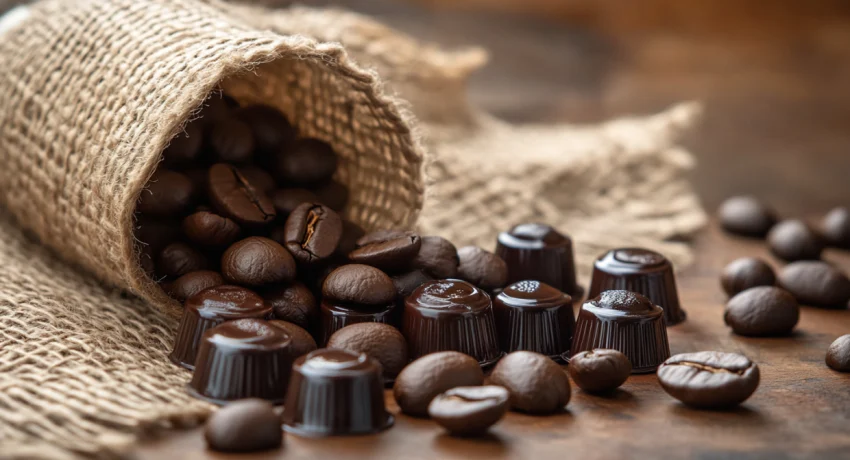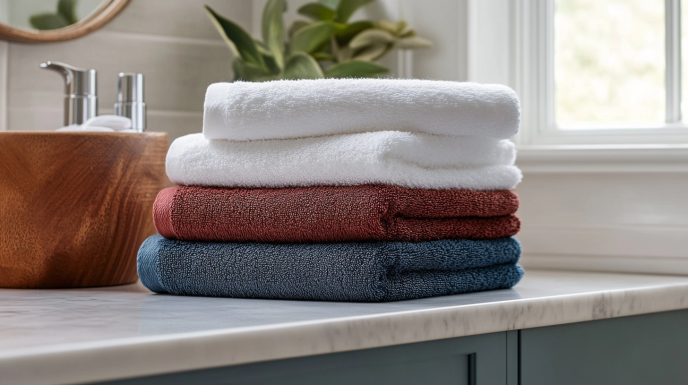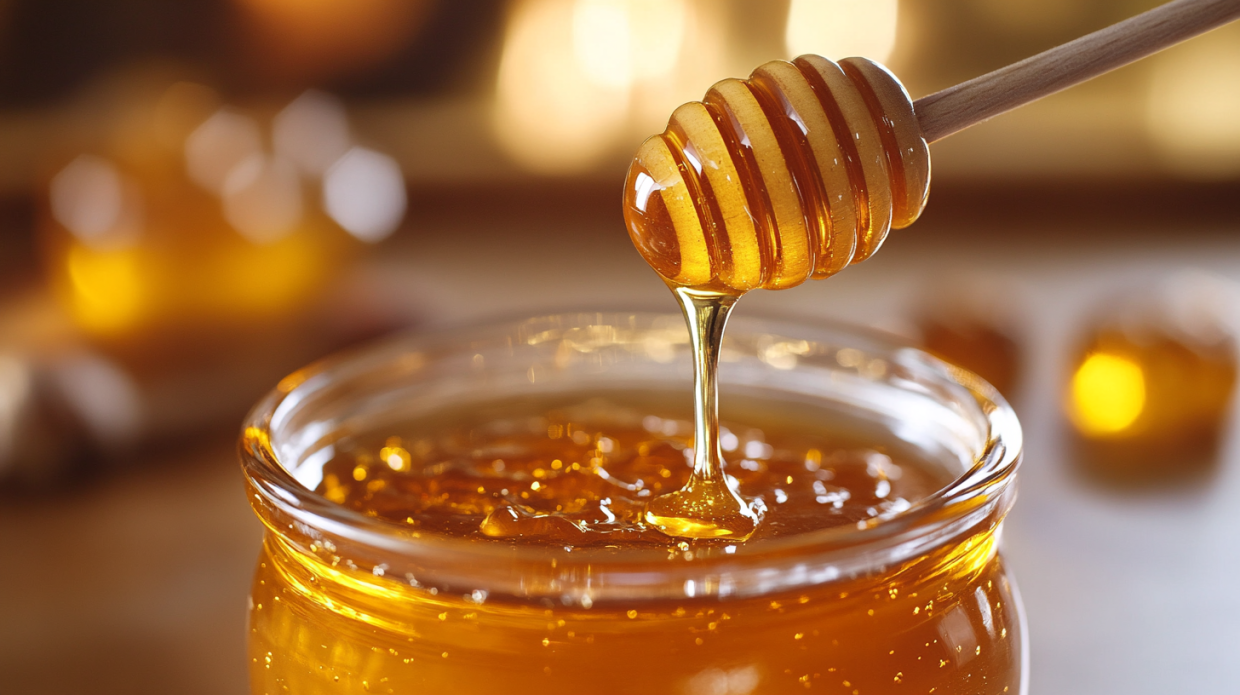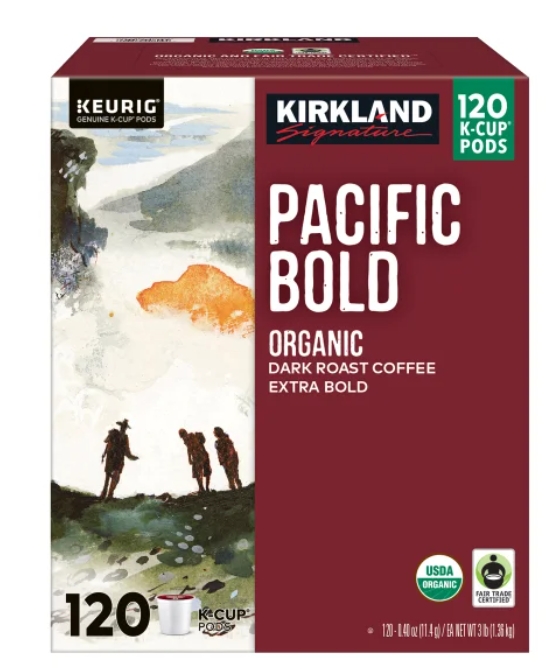
Kirkland Signature Coffee Organic Pacific Bold K-Cup Pod, 120-count
- 120 K-Cup® pods
- Pacific Bold Coffee
- Organic
- Fair Trade Certified
- Dark roast
- 100% Arabica Coffee
- Kosher
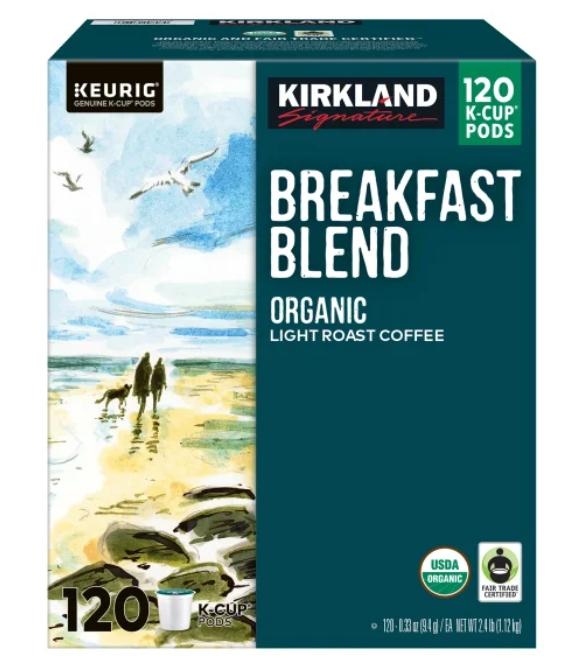
Kirkland Signature Coffee Organic Breakfast Blend K-Cup Pod, 120-count
- 120 K-cups
- Organic
- Fair Trade Certified
- Kosher
- 100% Arabica Coffee
- Light Roast
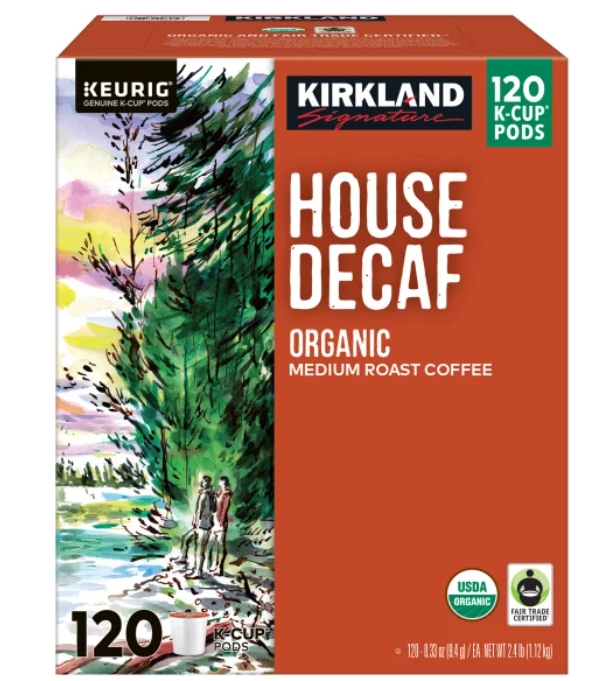
Kirkland Signature Coffee Organic House Decaf K-Cup Pod, 120-count
- 120 K-cups
- Organic
- Fair Trade Certified
- Kosher
- 100% Arabica Coffee
- Medium Roast
Discovering Value, Flavor, and Sustainability in Every Pod
In the ever-expanding universe of single-serve coffee options, Kirkland Signature Coffee Pods have emerged as a compelling choice for discerning coffee enthusiasts who refuse to compromise on quality or value. As a devoted coffee connoisseur who’s sampled everything from artisanal pour-overs to convenience store cups, I’ve developed a particular appreciation for these Costco-branded gems. They’ve become my reliable morning companion, and after countless cups, I’m ready to share everything you need to know about these popular pods.
When my alarm blares at 5:30 AM, my first coherent thought is always about coffee. And not just any coffee—I need something that delivers consistent quality, reasonable value, and a flavor profile that helps me greet the day with enthusiasm rather than dread. Kirkland Coffee Pods have become my non-negotiable morning ritual, striking that perfect balance between convenience, quality, and affordability that’s increasingly hard to find.
Let’s dive into everything you might want to know about these popular coffee pods, from flavor profiles to environmental impact and everything in between.
A Flavor for Every Palate: Kirkland Coffee Pod Varieties
The Kirkland Signature line doesn’t overwhelm with endless options, instead focusing on perfecting a select range of high-quality roasts that satisfy most coffee preferences. Their core offerings include:
Pacific Bold (Dark Roast)
This is the heavyweight champion of the Kirkland lineup. If you’re someone who believes coffee should announce itself boldly upon first sip, this intensely flavorful dark roast delivers robust notes of dark chocolate, toasted nuts, and a subtle smokiness that lingers pleasantly. The Pacific Bold has developed something of a cult following among Costco shoppers who appreciate a coffee with presence.
The complex flavor profile makes it versatile enough to enjoy black or with a splash of cream—either way, it maintains its distinctive character. Morning fog doesn’t stand a chance against this powerful brew.
Breakfast Blend (Medium Roast)
For those who prefer a more balanced cup to ease into their day, the Breakfast Blend offers bright acidity with delicate citrus notes balanced against caramel sweetness. It’s a remarkably smooth medium roast that provides enough caffeine to jumpstart your morning without overwhelming your palate.
This has become my personal weekday go-to. There’s something comforting about its consistent, approachable flavor profile that makes even Monday mornings slightly more bearable.
Colombian Supremo (Medium-Dark Roast)
The Colombian Supremo hits the sweet spot between the previous two options. It delivers the classic South American coffee profile with pronounced chocolate notes, a wine-like acidity, and a clean, satisfying finish. There’s a reason Colombian coffee has such a stellar reputation, and Kirkland’s version honors that legacy admirably.
Decaf (Medium Roast)
Coffee purists might scoff, but Kirkland’s decaf option is surprisingly good. Using a Swiss Water Process for caffeine removal (which avoids chemical solvents), it retains much more flavor than typical decaf offerings. Expect notes of caramel, toasted nuts, and a gentle sweetness that makes it perfect for afternoon or evening enjoyment.
Seasonal and Limited Releases
Occasionally, Costco rolls out seasonal offerings under the Kirkland brand. Past limited editions have included a Holiday Blend (featuring subtle spice notes) and occasional single-origin offerings. These limited runs tend to sell out quickly, so they’re worth grabbing when you spot them.
Keurig Compatibility: Will They Work With Your Machine?
One of the most common questions about these pods is whether they’re compatible with Keurig brewers. The short answer is yes, Kirkland Coffee Pods are designed to work with all Keurig K-Cup brewers, including both older and newer models.
Kirkland Signature pods are technically “K-Cup compatible” rather than official K-Cups, but this distinction is primarily legal rather than functional. I’ve personally used them in Keurig machines ranging from the basic K-Mini to the feature-packed K-Elite without any issues.
Compatibility extends to most Keurig 2.0 machines as well, though some users report occasional “not recognized” errors with certain 2.0 models. This typically happens with older production runs of the pods. The newer Kirkland pods have addressed this issue, featuring the necessary technology to be recognized by all Keurig systems.
It’s worth noting that while Kirkland pods work in virtually all single-serve pod machines that accept K-Cup style pods, they aren’t compatible with Nespresso or other capsule-style machines that use different formats.
The Costco Connection: Where and How to Buy
Kirkland Signature is Costco’s private label brand, so unsurprisingly, the primary place to purchase these coffee pods is at Costco warehouses or through Costco.com. This exclusivity is part of what enables their competitive pricing.
In-Store Availability
Visit any Costco warehouse, and you’ll typically find Kirkland Coffee Pods in the coffee aisle, usually near other K-Cup options. They’re generally well-stocked, though the Pacific Bold and Breakfast Blend varieties sometimes sell out quickly after delivery days.
Online Purchasing
For Costco members who prefer online shopping, the pods are available through Costco.com, often with free shipping for orders over a certain threshold. Occasionally, you might find them through third-party sellers on Amazon or other marketplaces, though prices are typically higher than buying directly from Costco.
Membership Requirement
It’s worth noting that purchasing Kirkland products generally requires a Costco membership, which starts at around $60 annually. However, considering the savings on coffee pods alone, heavy coffee drinkers might recoup this cost within a few months.
Price Point: The Value Proposition
Let’s talk about perhaps the most compelling reason many coffee drinkers initially try Kirkland pods: the price.
Kirkland Coffee Pods typically retail for approximately $39.99 for a box of 120 pods, which breaks down to roughly 33 cents per pod. Compare this to name-brand alternatives like Starbucks or Green Mountain, which often cost 75 cents to $1 per pod, and the savings become obvious. For daily coffee drinkers, switching to Kirkland pods can represent savings of hundreds of dollars annually.
The standard box contains 120 pods, though Costco occasionally offers promotional packages with different quantities. During holiday seasons, you might find special bundles or modest discounts on the already competitive pricing.
The value proposition becomes even more attractive when you consider that these pods contain 100% Arabica beans—the same premium coffee variety used in higher-priced competitors. Kirkland isn’t cutting corners on bean quality to achieve these price points; they’re leveraging Costco’s massive purchasing power and efficient supply chain.
Environmental Considerations: Recyclability and Sustainability
The environmental impact of single-serve coffee pods has been a justified concern since their inception. Billions of pods end up in landfills annually, creating a significant environmental footprint for our coffee convenience.
Kirkland has addressed this issue by transitioning to recyclable coffee pods. The current generation of Kirkland Coffee Pods features a recyclable plastic cup design. However, proper recycling requires some effort on the consumer’s part:
- Allow the pod to cool after brewing
- Peel off the foil lid
- Remove and discard the paper filter and coffee grounds (these can go in compost)
- Rinse the plastic cup
- Place it in recycling
While this process is more involved than simply tossing the pod in recycling, it significantly reduces the environmental impact. The company has been gradually improving the recyclability of their pods with each generation, showing a commitment to addressing environmental concerns.
Ethical Sourcing: The Coffee Behind the Brand
Coffee ethics matter to modern consumers, and rightfully so. The coffee industry has a complicated history regarding fair labor practices and environmental stewardship.
Kirkland Signature coffee products, including their pods, are marketed as having beans that are “sustainably sourced.” While not certified Fair Trade across all varieties, Costco has publicly committed to ethical sourcing practices for their Kirkland brand coffee.
The company works with suppliers who participate in various sustainability programs and ethical sourcing initiatives. Their Colombian offering, for instance, sources beans from farms participating in the Rainforest Alliance certification program, which addresses both environmental and social standards.
Costco’s size gives it significant leverage to influence supply chain practices, and they’ve been increasingly transparent about their sourcing. While not perfect, their commitment appears to be more than just marketing—they’ve made tangible steps toward more ethical coffee sourcing.
The Caffeine Question: How Much Punch Do They Pack?
Coffee drinkers often want to know exactly what they’re getting in terms of caffeine content. While Kirkland doesn’t publish specific caffeine measurements for each variety, we can make some educated estimates based on typical content for similar roasts.
The Pacific Bold dark roast likely contains approximately 100-120mg of caffeine per 8oz cup, which is on the higher end of the spectrum for K-Cup style pods. The medium roast Breakfast Blend and Colombian varieties typically deliver around 90-110mg per cup.
For comparison, a standard 8oz drip coffee contains roughly 95-120mg of caffeine, while a shot of espresso contains about 63mg. So Kirkland pods deliver a caffeine punch comparable to traditional brewing methods.
The decaf option, using Swiss Water Process decaffeination, contains approximately 2-5mg of caffeine per cup—not completely caffeine-free but reduced by about 97% compared to regular coffee.
Bean Quality: 100% Arabica Guarantee
Coffee quality begins with bean selection, and Kirkland doesn’t cut corners here. All Kirkland Coffee Pods contain 100% Arabica beans, which are widely considered superior to Robusta beans for their more complex flavor profile and lower bitterness.
Arabica beans grow at higher elevations, mature more slowly, and contain less caffeine than Robusta. They’re prized for their nuanced flavors and aromatic qualities. Many cheaper coffee brands use Robusta beans or blends to reduce costs, but Kirkland maintains the 100% Arabica standard across their entire pod lineup.
This commitment to bean quality is one reason why Kirkland pods can compete favorably in taste tests against more expensive brands. The difference is particularly noticeable in their single-origin Colombian offering, where the characteristic flavor notes of premium Colombian Arabica beans shine through.
Flavor Additives: Natural vs. Artificial
For coffee purists concerned about artificial additives, there’s good news: Kirkland’s unflavored coffee pods (Pacific Bold, Breakfast Blend, Colombian, and Decaf) contain no artificial flavors or additives—just coffee.
Kirkland does offer some seasonal flavored varieties like their occasional vanilla or hazelnut options. These do contain natural and artificial flavoring agents, as is standard in the flavored coffee industry. If you’re sensitive to such additives, stick with their unflavored options.
One thing to note: even the unflavored varieties do have minimal processing aids used during production, such as small amounts of silicon dioxide as an anti-caking agent. These are industry-standard and present in tiny amounts, but worth mentioning for those with specific sensitivities.
The Taste Test: How Do They Compare to Premium Brands?
I’ve conducted numerous informal blind taste tests with friends and family, comparing Kirkland pods to brands like Starbucks, Green Mountain, and Peet’s. The results have been enlightening.
In blind tastings, Kirkland’s Pacific Bold consistently performs exceptionally well against Starbucks’ dark roasts, with many tasters actually preferring the Kirkland option. The Breakfast Blend holds its own against comparable Green Mountain offerings, though opinions here tend to be more divided based on personal preference.
Where Kirkland really shines is in the value-to-quality ratio. When tasters learn that the Kirkland pods cost roughly half as much as the competitors, the calculus changes dramatically—even for those who slightly preferred another brand.
The Kirkland pods produce a clean, consistent cup with respectable crema for a pod system. They avoid the “burnt” flavor that plagues some dark roast pods and the “thin” character of many budget options. The Colombian variety in particular offers complexity that rivals pods costing twice as much.
Shelf Life and Storage Considerations
Kirkland Coffee Pods typically have a printed shelf life of 8-12 months from production. However, proper storage can significantly impact freshness even within this timeframe.
Each pod is individually sealed with nitrogen to preserve freshness, creating an oxygen-free environment that protects the ground coffee inside. This packaging technology helps maintain flavor quality even after several months.
For optimal freshness, store your pods in a cool, dry place away from direct sunlight. Contrary to popular belief, refrigerating coffee pods doesn’t extend shelf life and may actually introduce unwanted moisture through condensation when removed from refrigeration.
If you’re buying in bulk—as Costco encourages—consider whether you’ll consume all 120 pods within 3-4 months for the absolute best flavor experience. While technically good for much longer, coffee’s aromatic compounds begin to degrade over time, even in sealed pods.
Brewing Tips: Getting the Most From Your Kirkland Pods
A few simple techniques can elevate your Kirkland pod coffee experience:
- Run a cleansing brew cycle before your first cup of the day (just hot water, no pod) to heat up the machine and rinse away any residue.
- Use the right cup size setting – Kirkland pods are optimized for 8oz brewing. Using the 10oz or 12oz settings on your machine will produce a more diluted cup.
- For stronger coffee, try using the 6oz setting instead, or run two brew cycles using the same pod (the second will be weaker but still add flavor).
- Clean your Keurig regularly – mineral buildup and coffee oils can affect flavor. Descaling every 3-6 months makes a noticeable difference.
- Preheat your mug with hot water before brewing. This keeps your coffee hotter longer and enhances the aromatic experience.
These simple steps can transform a good cup into a great one, bringing out the best in your Kirkland pods.
Customer Experiences: What the Reviews Say
Online reviews for Kirkland Coffee Pods are predominantly positive, typically averaging between 4.2-4.5 stars out of 5 across various platforms. Common praise points to their value, consistent quality, and flavor comparable to more expensive brands.
Critical reviews most commonly mention two issues: occasional pod puncturing problems in some machines (though this appears to be machine-specific rather than a pod design flaw) and the perception that some varieties brew slightly weaker than premium brands.
Among Costco’s devoted membership, the pods have developed something of a cult following, with many members citing them as one of their “must-buy” items during each warehouse visit. Social media groups dedicated to Costco finds frequently highlight the pods as an exceptional value.
Professional coffee reviewers tend to place Kirkland pods in the “surprisingly good for the price” category, noting that while they may not quite match specialty coffee shop quality, they significantly outperform their price point.
Beyond the Keurig: Alternative Brewing Methods
While designed primarily for Keurig and compatible single-serve brewers, creative coffee lovers have found alternative ways to use Kirkland pods:
Some users cut open the pods and use the ground coffee in traditional drip machines or pour-over setups. The grind size is suitable for these methods, though slightly finer than typically recommended for pour-over.
Others have repurposed the coffee for cold brew by opening several pods, placing the grounds in a cold brew bag, and steeping overnight in cold water. The results are reportedly quite good, especially with the Pacific Bold variety.
These alternative uses add versatility to your coffee supply, though the convenience factor that makes pods attractive is obviously diminished.
Final Verdict: Are Kirkland Coffee Pods Worth It?
After exhaustive testing and daily use, I can confidently say that Kirkland Coffee Pods represent one of the best values in the single-serve coffee market. They deliver a consistent, satisfying cup at roughly half the price of name-brand competitors.
For everyday coffee drinkers, the quality-to-price ratio is simply unbeatable. While coffee connoisseurs might still prefer freshly ground specialty beans for weekend indulgence, Kirkland pods offer a practical, affordable solution for daily consumption without significant compromise on taste.
The environmental improvements with recyclable pods, commitment to 100% Arabica beans, and general attention to quality make these an easy recommendation for most coffee drinkers. The primary limitation is, of course, the need for a Costco membership, but for many households, the coffee savings alone can justify that annual fee.
Whether you’re looking to economize without sacrificing quality or simply streamline your morning routine with reliable, tasty coffee, Kirkland Coffee Pods deserve a place in your pantry—and in your daily ritual.
In a world where coffee culture often veers toward either exclusivity or mediocrity, Kirkland has found a sweet spot that democratizes good coffee through accessibility and value. That’s something worth raising your morning mug to.

